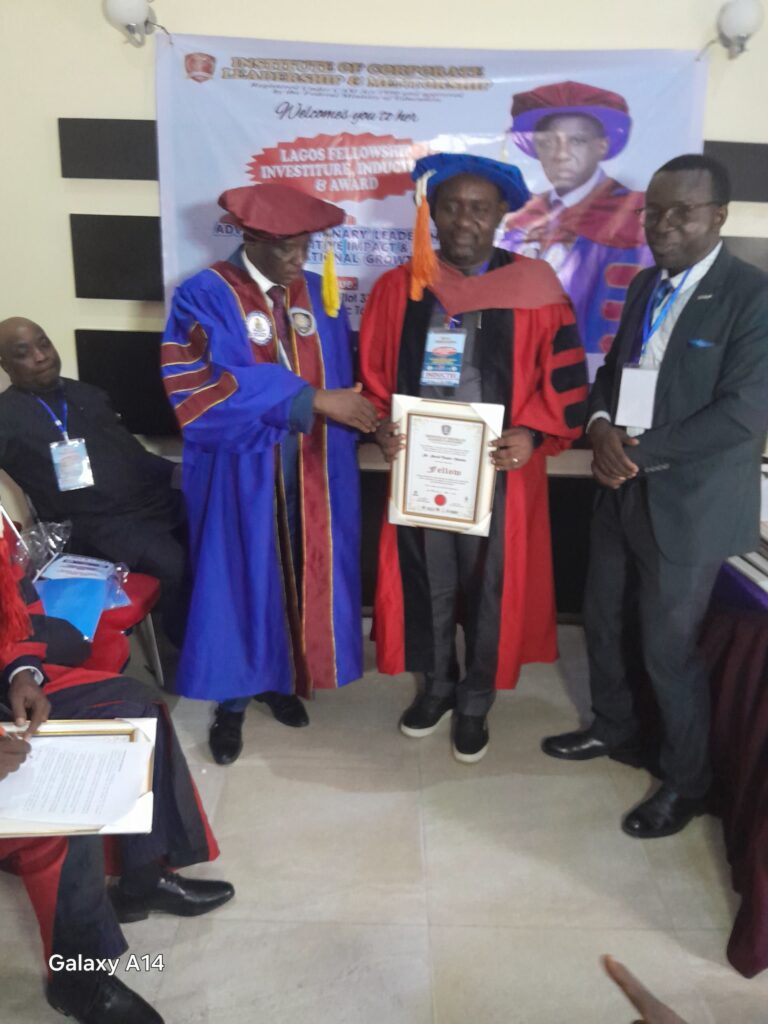
Some Vice-Chancellors (V-C) of the Academic Staff Union of Universities (ASUU) and other stakeholders expressed concern on Tuesday over the decline in the number of lecturers in the nation’s universities.
The university education stakeholders bared their minds in interviews with the News Agency of Nigeria (NAN).
President Bola Ahmed Tinubu recently approved the implementation of 35 per cent and 23 per cent salary increments for staff of all federal tertiary institutions.
In a letter issued on Sept. 14, the CEO of the Salaries, Income and Wages Commission, Mr Ekpo Nta, said the Federal Government had released a circular on the implementation of the adjusted salary structure.
The letter was addressed to the Minister of Education, Prof. Tahir Mamman.
But this seems to have come late, as recent media reports indicate that about 50 per cent of lecturers have resigned from the various universities, while more are reportedly warming up.
We have crisis on our hands–V-Cs
The V-C of Ilorin, Prof. Wahab Egbewole, blamed the dearth of lecturers on the employment embargo by the Federal Government.
He, therefore, pleaded with the Federal Government to lift the embargo to enable the universities to bridge the gap.
The gap was caused by a number of factors, including lecturers seeking greener pastures at home and abroad, retirement and death.
He urged the authorities to provide the universities with the enabling environment that would discourage brain drain.
Prof. Alewo Johnson-Akubo, Vice-Chancellor, Salem University Lokoja, described the shortage of lecturers as very unfortunate.
He said that though universities in the past tried to manage the situation through sabbaticals, now such arrangements have become difficult as the number of lecturers continues to shrink.
In Yobe, Dr. Muhammad Lawan, the Deputy Vice-Chancellor, Academic Yobe State University, advised the resuscitation of the culture of absorbing first-class graduates as lecturers.
Another measure, according to Lawan, that could help is to expand the existing universities instead of establishing new ones.
Also speaking, Prof. Olayemi Akinwumi, the V-C of the Federal University Lokoja (FUL), said virtually all lecturers in the countries are overstretched as a result of the shortage of lecturers.
“Each time I see what my lecturers going through to cope up with the work load I feel it for them.
“We used to have lecturers from other universities on sabbatical but IPPIS (the unified payment platform) doesn’t allow that anymore.
“Sabbatical is a university culture where, as a lecturer, you are given the opportunity to go to another university and lecture.
“Again, the visiting lecturers were very helpful in areas or departments where you don’t have enough lecturers. But because of poor funding on the part of the government and IPPIS, it’s no more tenable.
“I can tell you now that this is not the best time for us, the vice chancellors.
“This is because as V-C you have no power to employ a single cleaner, not to talk of a lecturer. You have to go Abuja and start begging before you can have one,” he said.
The V-C urged proper funding of the universities and abolishing the removal of universities from of IPPIS platform, adding that “we (the universities) shouldn’t be subjected to civil service rules’’.
Quality of degrees is in jeopardy—ASUU
University lecturers, who bear the brunt of the exit of their colleagues, are also worried by the impact of this on their workload and academic standards.
The Academic Staff Union of Universities (ASUU) at the Federal University of Lafia (FULafia) says the shortage of lecturers in Nigerian universities is affecting the standard and quality of education negatively.
“It is a fact that many lecturers have left the university system in Nigeria. This exodus is defined by the poor working conditions existing in universities.
“The universities are coping largely because the few existing lecturers are being over burdened with excess work load that are academic
“And in most departments, lecturers are made to teach large classes and more courses to be able to keep the courses running.
“It is common to find a lecturer teaching at all levels of a department with very poor facilities and very poor working conditions,” said Dr Sunday Oraye, the Chairman, ASUU FULafia
The ASUU chairman said that this has put undue pressure on their health leading to high mortality rates amongst lecturers in the university.
“During the last NEC meeting of the union held at the Kaduna State University in November, over 100 lecturers were reported to have died between August and November 2023 alone,” he said
In Adamawa, Dr. El-Maude Gambo, the ASUU chairman at Modibbo Adama University (MAU), Yola, urged for 30 per cent budgetary allocation to education.
He said this would engender the provision of facilities that would discourage lecturers from seek greener pastures.
Dr Oluwagbemiga Adeleye, the chairman of ASUU, Federal University of Agriculture, Abeokuta (FUNAAB), blamed the shortage of lecturers on government policies and the bad economy.
“When there is a ban, you won’t be able to replace lecturers who have are no longer in the system.
“Another reason causing the shortage is the negative economic impact on the citizens and it still boils down to government policies.
“The terrible economic situation we have faced has made some lecturers seek greener pastures elsewhere around the world and that is what we call the ‘Japa’ syndrome,” he said.
The FUNAAB ASUU chairman called on the government to be more responsible in taking care of, not only academic staff but all university members of staff.
-Guardian




